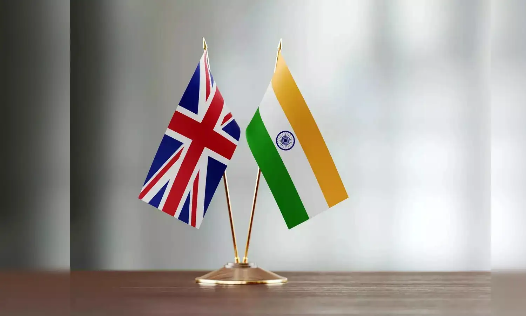Payment is being processed. Please do not refresh or close this page until your payment is complete.
 Book an Appointment
Book an Appointment

The United Kingdom and India are in the final stages of negotiating a Free Trade Agreement (FTA), which includes provisions for approximately 100 additional work visas for Indian professionals annually. This development is part of broader discussions aimed at enhancing bilateral trade and investment between the two nations.
Key Highlights:
• Visa Provisions: India has been advocating for increased mobility for its professionals, particularly in sectors like IT and healthcare. While the UK has agreed to a modest increase of about 100 additional visas per year, it has been cautious about broader immigration commitments due to domestic concerns over net migration .
• Intra-Company Transfers: India has also sought exemptions from UK national insurance contributions for Indian workers on intra-company transfers, arguing that these employees already contribute to Indian pension schemes and may not benefit from UK services. This issue remains under negotiation .
• Carbon Border Tax: Another point of contention is the UK's proposed carbon border adjustment mechanism, set to be implemented in 2027. India has expressed concerns that this tax on high-emission imports could adversely affect its exports, particularly in steel and cement sectors .
• Progress in Negotiations: Despite these challenges, significant progress has been made, with most chapters of the agreement finalized. Only a few critical issues remain unresolved, and both sides have expressed optimism about reaching a comprehensive agreement soon .
Implications:
The inclusion of additional work visas, though limited in number, signifies a step toward greater professional mobility between India and the UK. It reflects a mutual interest in strengthening economic ties and facilitating the movement of skilled professionals. However, the modest scale of the visa increase indicates the UK's cautious approach to immigration within the context of trade agreements.
As negotiations continue, the focus remains on resolving outstanding issues to finalize an agreement that balances economic growth with domestic policy considerations in both countries.